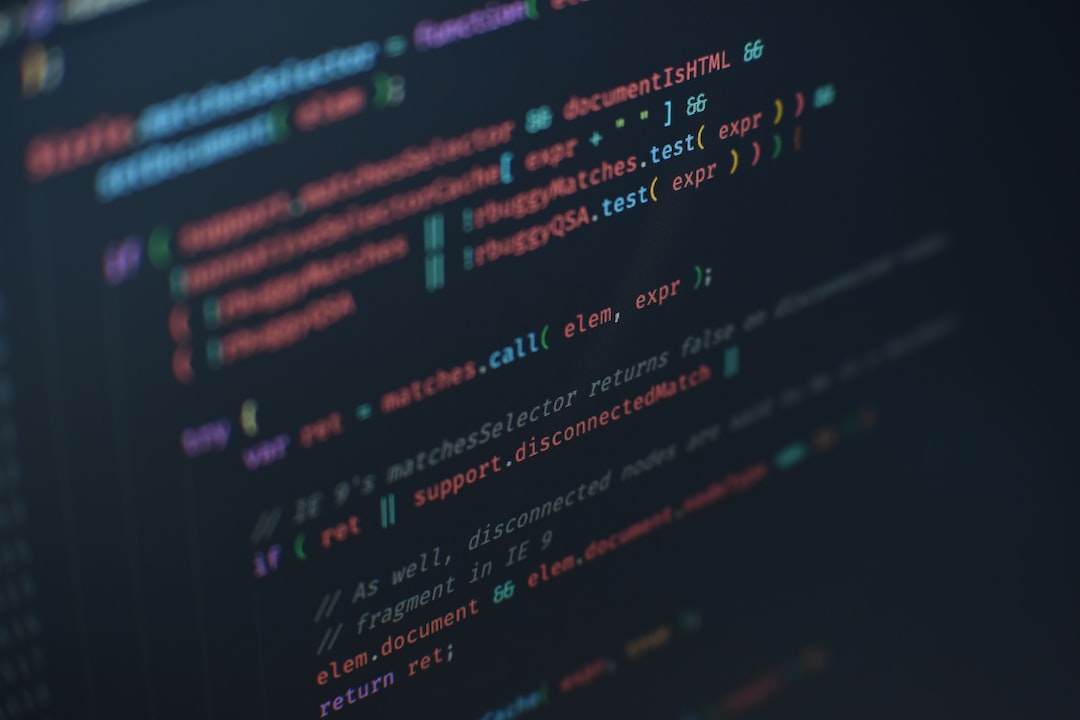The Role of Big Data in Shaping the Internet of Things
In today’s technology-driven world, the Internet of Things (IoT) has become more than just a buzzword – it has transformed into a tangible reality. The integration of various devices and their ability to communicate with each other has opened up a whole new realm of possibilities. However, the success of IoT would not be possible without the power of big data.
Big data is essentially a vast collection of information that is beyond the scope of traditional data processing techniques. This data is generated by various sources such as sensors, devices, social media platforms, and more. With the increasing number of connected devices in the IoT ecosystem, the volume of data being generated has grown exponentially.
So, what role does big data play in shaping the IoT? Let’s explore some key aspects:
Data Collection and Analysis: The first step in harnessing the potential of IoT is collecting data. Sensors embedded in devices capture and transmit data to a centralized system. This data can include information about user behavior, environment conditions, machine performance, and more. Big data analytics tools then extract meaningful insights from this vast pool of data, enabling businesses to optimize operations, improve efficiency, and make data-driven decisions.
Predictive Analytics: One of the most valuable applications of big data in IoT is predictive analytics. By analyzing historical data patterns and real-time information, businesses can predict future outcomes and trends. For instance, a manufacturer can use predictive analytics to anticipate machine malfunctions before they occur, minimizing downtime and maintenance costs. Similarly, retailers can analyze customer buying patterns to optimize inventory management and demand forecasting.
Real-Time Monitoring: Big data allows for real-time monitoring of IoT devices and systems. With the ability to capture, process, and analyze large volumes of data in real-time, organizations can have instant visibility into their operations. For example, utility companies can monitor power consumption patterns to optimize energy distribution, reducing waste and cost. Similarly, healthcare providers can track patient data in real-time, enabling timely interventions and remote monitoring.
Improved Customer Experience: In the era of IoT, customer experience has become a key differentiator for businesses. By leveraging big data analytics, companies can gain insights into customer preferences, behavior, and needs. This information can be used to personalize products, services, and marketing efforts, enhancing the overall customer experience. For instance, smart home devices can analyze user behavior to automatically adjust lighting, temperature, and entertainment settings according to individual preferences.
Data Security and Privacy: With the vast amount of data being generated and transmitted within the IoT ecosystem, ensuring data security and privacy has become a major concern. Big data analytics plays a crucial role in detecting patterns and anomalies that may indicate a potential security breach. By analyzing the data, organizations can identify and address vulnerabilities before they are exploited, safeguarding sensitive information. Moreover, big data analytics can help companies comply with data protection regulations by anonymizing, encrypting, and securely storing data.
Scalability and Flexibility: The IoT landscape is constantly evolving, with new devices and applications being introduced regularly. Big data provides the scalability and flexibility required to handle the ever-increasing volume, velocity, and variety of data generated by IoT devices. Cloud-based big data platforms enable businesses to store, process, and analyze large volumes of data cost-effectively, without investing in additional infrastructure.
In conclusion, big data plays a crucial role in shaping the Internet of Things. It enables businesses to collect, analyze, and derive meaningful insights from the vast amounts of data being generated by IoT devices. From optimizing operations to improving customer experiences, big data analytics has become an indispensable tool in unlocking the true potential of IoT. As technology continues to advance, the integration of big data and IoT will only become more critical in shaping our digitally connected world.

